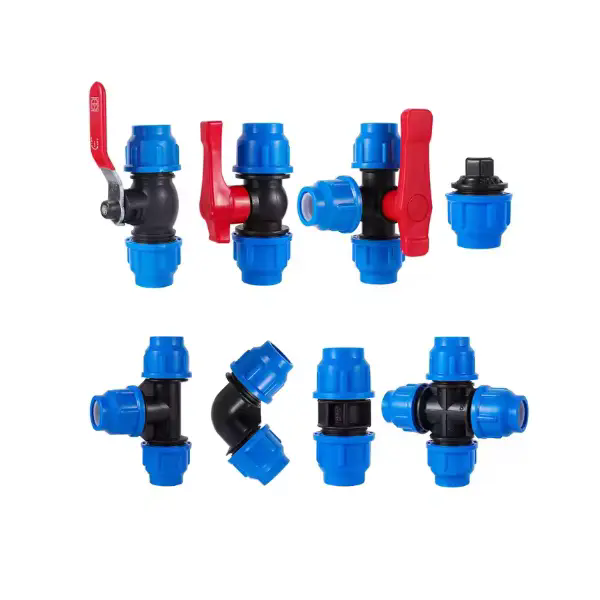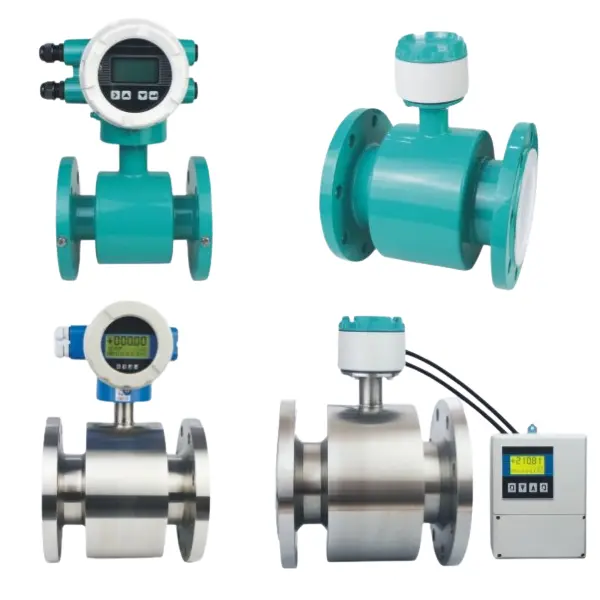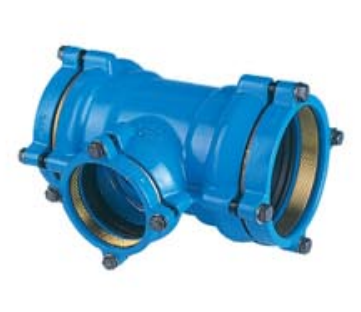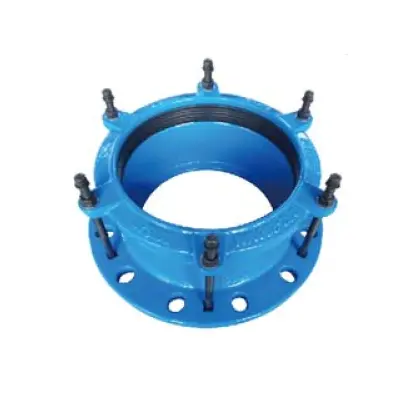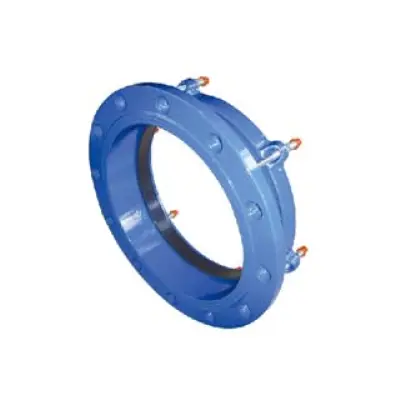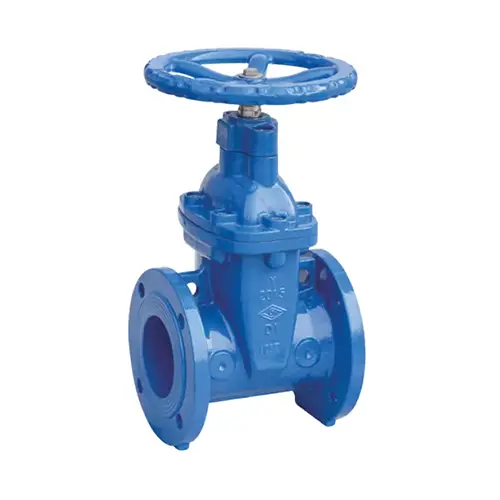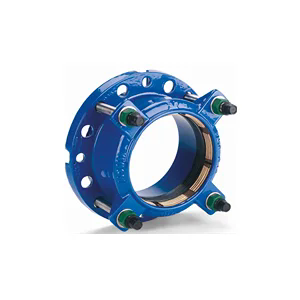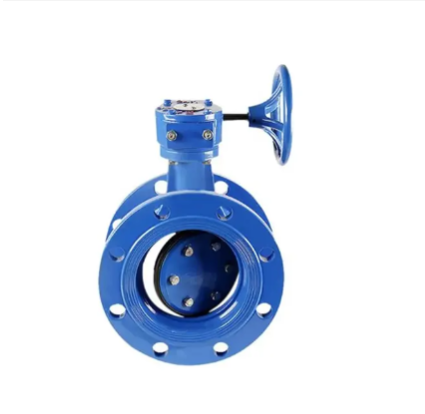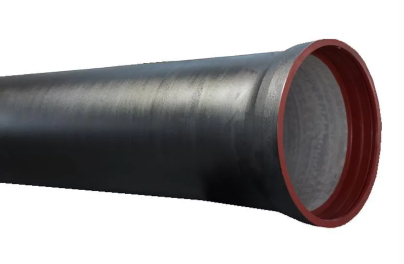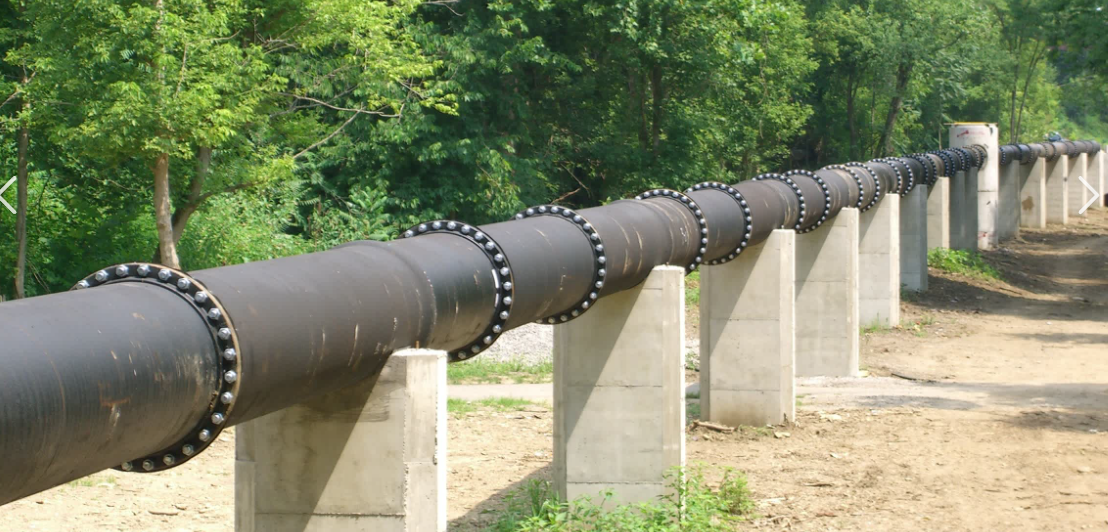Email Us
Why Should You Choose UPVC Pipes and HDPE Pipes for Modern Plumbing and Industrial Applications?
When considering durable piping solutions for residential, commercial, and industrial projects, UPVC pipes and HDPE pipes have become the preferred choices worldwide.
UPVC pipes are rigid, corrosion-resistant, and highly durable, making them ideal for water supply systems, drainage networks, and irrigation projects. Unlike PVC pipes, UPVC contains no plasticizers, which ensures structural integrity and reduces the risk of chemical leaching. The smooth internal surface of UPVC pipes minimizes friction loss, thereby enhancing water flow efficiency and reducing energy costs for pumping systems.
On the other hand, HDPE pipes offer a unique combination of flexibility, chemical resistance, and high tensile strength. They can withstand significant external loads without cracking and are resistant to corrosion, rust, and chemical degradation. HDPE pipes are widely used in industrial fluid transportation, gas distribution, and even municipal water projects where flexibility and long-term durability are critical.
One of the main advantages of these pipes is their extended lifecycle. UPVC and HDPE pipes typically last 50 years or more under normal operating conditions, providing unmatched long-term cost-effectiveness. Moreover, both types of pipes contribute to environmentally friendly construction practices, as they require less energy during manufacturing compared to traditional metal pipes and are fully recyclable.
How Do UPVC and HDPE Pipes Differ in Applications and Performance?
Understanding the differences between UPVC and HDPE pipes is crucial for selecting the right material for your project. While both offer durability, resistance to chemicals, and low maintenance costs, their specific properties make them suitable for distinct applications.
UPVC Pipes:
-
Ideal for cold water supply, drainage, and irrigation.
-
Rigid and maintains shape under pressure, making them suitable for structured installations.
-
Resistant to biological corrosion and scaling.
-
Cost-effective and easy to install using solvent cement connections.
HDPE Pipes:
-
Highly flexible, capable of withstanding bending and ground movements.
-
Resistant to abrasion, chemicals, and high pressures.
-
Commonly used for gas distribution, industrial fluid transport, and sewerage pipelines.
-
Can be fused using heat welding, creating a seamless, leak-free connection.
| Feature | UPVC Pipes | HDPE Pipes |
|---|---|---|
| Material Rigidity | High (rigid) | Moderate (flexible) |
| Chemical Resistance | Good | Excellent |
| Installation Method | Solvent cement, mechanical joints | Butt fusion, electrofusion |
| Pressure Rating | Moderate to High | High |
| Lifespan | 50+ years | 50+ years |
| Common Applications | Water supply, drainage, irrigation | Industrial fluid transport, gas distribution, sewerage |
| Environmental Impact | Recyclable, low energy production | Recyclable, low energy production |
| Temperature Resistance | Moderate (0–60°C) | High (up to 80°C for water, higher for industrial fluids) |
Both UPVC and HDPE pipes demonstrate significant advantages over traditional materials. UPVC is perfect for structured plumbing installations where rigidity and ease of joining are important, whereas HDPE’s flexibility and high-pressure resistance make it indispensable in dynamic environments.
Why Are UPVC and HDPE Pipes the Industry Standard for Longevity and Reliability?
One of the most pressing concerns for any construction or industrial project is the longevity and reliability of piping systems. UPVC and HDPE pipes excel in this regard due to their inherent properties.
Durability Against Environmental Factors: Both materials resist rust, corrosion, and biological growth, which is a common issue with metal pipes. This makes them particularly suitable for areas with aggressive water chemistry or high soil acidity.
Energy Efficiency and Water Flow: The smooth internal surfaces of UPVC and HDPE pipes reduce frictional losses, improving flow rates and lowering energy costs associated with pumping water or other fluids. For large-scale projects, this can translate into substantial operational savings over time.
Low Maintenance Costs: Once installed, these pipes require minimal maintenance. There is no need for periodic painting or anti-corrosion treatment, unlike metal piping. Additionally, their resistance to scaling and chemical degradation ensures fewer blockages and lower maintenance interventions.
Safety and Environmental Benefits: Both UPVC and HDPE are non-toxic, safe for potable water applications, and recyclable. HDPE, in particular, has an outstanding track record in industrial and municipal systems for safe fluid transport. Moreover, their long lifespan contributes to reducing construction waste and overall carbon footprint.
Cost Effectiveness: While initial investment may vary slightly, the total cost of ownership favors these pipes due to their durability, low maintenance, and minimal replacement requirements.
Common Questions About UPVC and HDPE Pipes
Q1: Can UPVC pipes handle hot water applications?
A1: UPVC pipes are primarily designed for cold water applications. They can withstand temperatures up to approximately 60°C. For higher temperature water or industrial fluids, CPVC or HDPE pipes are recommended due to their higher thermal resistance. UPVC remains ideal for irrigation, domestic water supply, and drainage systems.
Q2: Are HDPE pipes suitable for underground installations?
A2: Yes, HDPE pipes are exceptionally suitable for underground installations. Their flexibility allows them to withstand soil movement, settling, and vibration without cracking. HDPE’s jointing method, via heat fusion, ensures leak-free systems even under high pressure, making them reliable for both municipal and industrial underground projects.
Choosing between UPVC and HDPE pipes depends on the specific requirements of your project. For rigid, structured installations, UPVC provides an easy-to-install, long-lasting solution. For applications requiring flexibility, chemical resistance, or high pressure handling, HDPE is often the preferred choice.
Epoch offers a comprehensive range of both UPVC and HDPE pipes that meet international quality standards and are engineered for durability, reliability, and efficiency. Our products are designed to deliver optimal performance across residential, commercial, and industrial applications. For more information or to request a quotation, contact us today and experience the Epoch difference in piping solutions.
- Why Choose Between UPVC Pipes and HDPE Pipes?
- Why Is Ductile Iron Pipe Still the Safe Choice for Long-Life Water Networks?
- Which Pipeline Installation Machines and Tools Help Me Deliver Faster, Safer, and More Profitable Projects?
- Key points for quality inspection of ductile iron pipes
- Why do Carbon Steel Pipes keep winning tough industrial projects?
- What are the connection methods for ductile iron pipes?
About Us
Contact Us
No. 112, Jiefang Road, Lixia District, Jinan City, Shandong Province, China
Copyright © 2025 Shandong Epoch Equipment Co., Ltd. All Rights Reserved.


